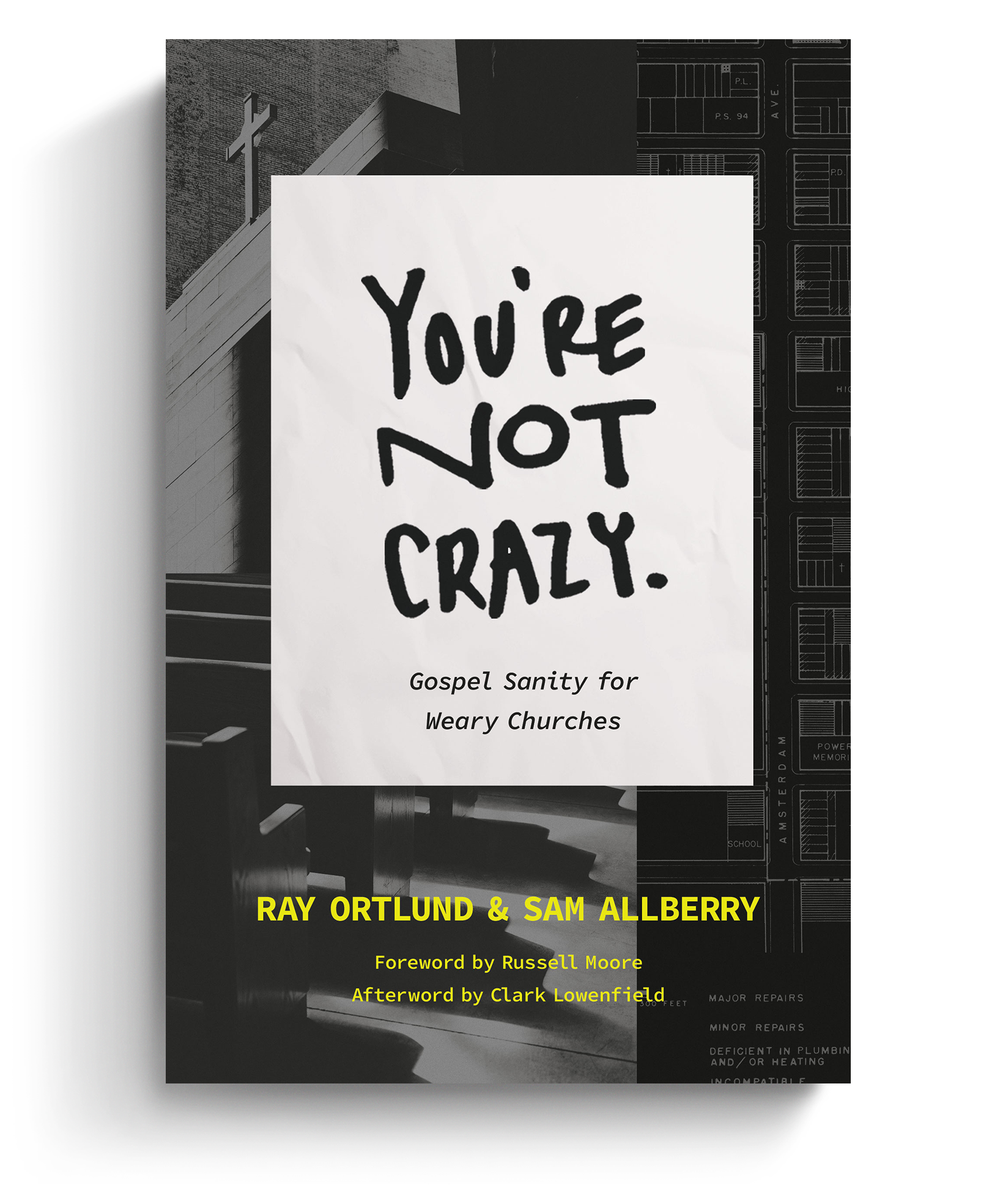
A skeptical culture poses this question to Christians today. I think, however, we can ask a better one in return: Can you trust a God who doesn’t execute judgment?
I don’t think we can. Scripture shows our sin-cursed world not only faces divine reckoning, but needs it. Here are three biblical facets of God’s judgment that give unexpected comfort and hope to the believer.
As human beings we have an innate sense of right and wrong—a conscience. We have a desire to pursue justice, and we act on this instinct as believers. But our ability to execute justice is limited. Sin deserves a response—the strongest possible response—but we aren’t able to provide it. As Scripture reveals, there’s only one who can, the one long foretold, the warrior-savior who crushes the serpent’s head (Gen. 3:15).
The work of judgment, God tells us, is not in our hands. It’s in Christ’s hands, for vengeance belongs to the Lord (Rom. 12:19). How good this is. We are frail, fallen, and finite. But Christ is not. He is not limited. He is not powerless. He does all things well. The work of justice flows freely from his holy nature. And we are freed to take great comfort from this truth. The burden of carrying out judgment, and making the world just, does not ultimately fall to us. It falls to Jesus.
What a relieving, unburdening truth this is.
Justice is in short order in our world. Everywhere we look we find suffering and death. Because of the curse, the world seems to the natural mind a cosmic accident, a grand lottery we all eventually lose. But this is not reality. Reality is a righteous Father, a forgiving Savior, and a life-giving Spirit. Reality is justice on the march. Drawing near. In range.
Reality is justice on the march. Drawing near. In range.

Our theology-averse age has lost sight of divine vengeance. This doctrine doesn’t fit well in a soft, therapeutic, “best life now” kind of Christianity. There’s a lot of “blessing” in such a system, but little justice. Christ becomes a brand-consultant to the upwardly mobile. This doctrine is also largely missing in garden-variety “new way to be Christian” Christianity, which promises equity and grace, better social conditions, and radical acts, but little judgment of evil by the avenging king. Christ ends up a community organizer with a gift for resistance activism.
Such emaciated visions of Christian faith may still speak of divine love and Christ’s cross. But they fail to see that the cross is neither a mere display of affection nor an improvement program. The cross shows God unleashing grace in Christ as God upholds justice through Christ (Rom. 5:12–21). This effective death for sinners does not cancel future judgment. The atonement actually guarantees God will one day punish the unrepentant. The atonement shows us what the Lord will soon do—without a perfect substitute to bear his wrath.
Until that fateful day, Caesar bears the sword (Rom. 13:4). The state wages just war and carries out retributive justice, even justice unto death. Christians testify to the goodness of such common grace. We uphold standards of right and wrong, knowing God has not gone soft. He has not cancelled the need for all accounts to be settled with him. One day, Christ will return. Justice is delayed now, but it’s closing in.
As Christians, we should zealously desire the end of evil. We should pray for the abortion industry to be swallowed like Pharoah’s army in a sea of destruction. We should cry out for the cessation of racism. We should yearn for the end of murder, casual cruelty, genocide, sexual wickedness, and 10,000 other evils, and oppose them in word and deed.
This work has already begun. When Christ died, he washed his bride with his precious blood (Eph. 5:25; 1 Pet. 1:19). When he rose from the grave, he triumphed over death, securing victory for his people. The end of death’s reign was enacted through Christ’s finished work. Yet we await the consummation of this rout. The strong man is bound, and his house is plundered, but he isn’t cast into the lake of fire (Matt. 12:29; Mark 3:27). Soon he will be. On a day the Father has appointed, Satan will meet his end. It is a loving God who drives wickedness out of the land, Aslan-style.
Sin will not cease because of a vague trajectory in the cosmos toward goodness. The end of sin will come because Jesus will split the sky and make the whole earth his threshing floor (Rev. 20:11–21). This truth should inspire surging hope in the church. It should also drive us to evangelize all we can, remembering that the blunt force of the Christian doctrine of judgment has often awakened the slumbering. We do not want any sinner to taste the wrath of God. So, like the revivalist sermonizing of Jonathan Edwards many years ago, we pray, preach Christ, and implore fellow image-bearers to flee Sodom.
Christianity is a forward-looking faith. The celestial city, as John Bunyan reminded us, is not far off. There is a momentum, a driving urgency, in the kingdom. We can’t ever forget what God is doing, where history is going, and how short the time is. You could say it this way: We should be so eternity-minded that we are of some earthly good.
We should be so eternity-minded that we are of some earthly good.
The promise of divine justice is glorious, but in the biblical story it yields to a still greater promise. This is the completion of our glorification (Rev. 21:21–27). In the new Jerusalem, we will worship the Lamb who atoned for sin, destroyed evil, and fulfilled the ancient prophecy by crushing the serpent’s head.
A skeptical culture asks us: Can you trust a God who punishes sin? We not only answer “yes”; we respond that we cannot trust a God who does not punish sin to the uttermost. How comforting, and how kind, of God to save us, protect us, and bring us all the way home.

Being a pastor is hard. Whether it’s relational difficulties in the congregation, growing opposition toward the church as an institution, or just the struggle to continue in ministry with joy and faithfulness, the pressure on leaders can be truly overwhelming. It’s no surprise pastors are burned out, tempted to give up, or thinking they’re going crazy.
In ‘You’re Not Crazy: Gospel Sanity for Weary Churches,’ seasoned pastors Ray Ortlund and Sam Allberry help weary leaders renew their love for ministry by equipping them to build a gospel-centered culture into every aspect of their churches.
We’re delighted to offer this ebook to you for FREE today. Click on this link to get instant access to a resource that will help you cultivate a healthier gospel culture in your church and in yourself.
Owen Strachan is the author of Reenchanting Humanity: A Theology of Mankind. A systematic theology professor at Midwestern Baptist Theological Seminary, he is the director of the Center for Public Theology, director of the Residency PhD program, and host of the City of God podcast. You can follow him on Twitter .